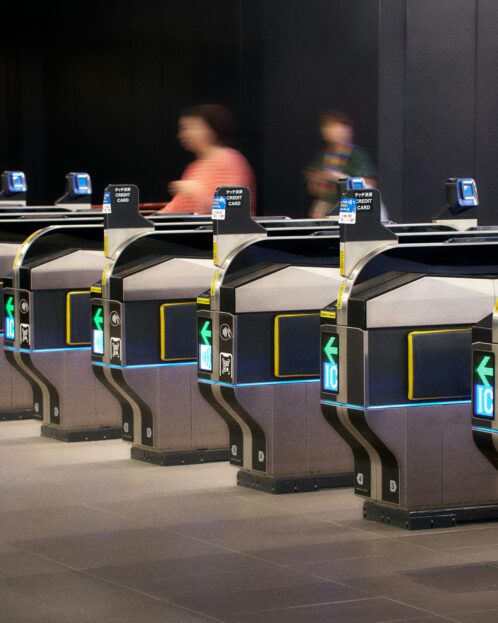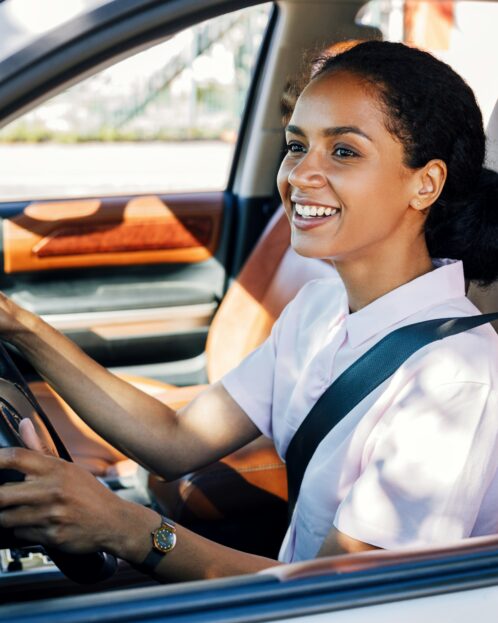25 November 2024
As the cost of living rises, budgets become more constrained for individuals and families, limiting their access to essential goods and services. Amid these financial pressures, public transport often emerges as a vital resource, offering an affordable and reliable means of commuting. By reducing the cost barrier to public transport, it can alleviate the expenses associated with owning a car and provide new travel practices for individuals. This modal shift can reduce traffic congestion and mitigate the wider side effects of car usage, such as pollution, noise, and road crashes.
Studies on nearly free fares have showed varied results in the past. Benefits from past trials include increased public transport usage and potential long-term effects on travel behaviours once the scheme has ceased. Some agencies found almost free fares resulted in normal or even increased car traffic. This could potentially be due to commuters driving to reach public transport hubs, resulting in increased local traffic. Alternatively, individuals may find car travel more convenient and efficient for particular routes, continuing their driving habits despite reduced prices.
A nearly free fare scheme was recently trialled in Germany. Across the summer of 2022, a €9 unlimited monthly ticket was made available for passengers to use all regional, local and urban public transport but excluded long-distance services such as their high-speed rail system. It was introduced to relieve the effects of rising electricity prices, consequently providing both financial and psychological relief. Another goal was to promote public transport due to the significant decline in patronage after COVID-19. A clear relationship between traffic congestion and the 9-euro ticket was not found; while traffic slightly increased, this could be attributed to the trial occurring during summer holidays.
There was a surge in social participation with the main use of the ticket leading to leisure activities, day or weekend trips, and visiting friends and family. Individuals had greater ease accessing necessary services such as medical centres and shopping precincts, recording an “empowering effect” among low-income households. Families reported children and adolescents had a new-found autonomy to travel as the transport system became more accessible. Financial relief was a universal benefit for individuals gaining an increased ability to fulfill basic needs. A study on social participation for low-income households with children reported whilst gaining some of the greatest benefits during the trial, families returned to similar, if not normal practices once original prices resumed. Households described the experience “discouraging”, now only leaving their homes to fulfil necessary trips.
The short run demand elasticity of public transport was evidently high in Germany, especially for leisure purposes, as rail patronage increased by over 40% across the period. This induced demand was reflected in increased pedestrian count across all major cities. In July 2022, the second month of the 9-euro ticket trial, pedestrian counts saw their largest increase of 5.3% compared to 2019, while September recorded the largest decline of 6.8% following the ticket’s expiration. No evidence linked increased pedestrian traffic in major cities to overnight stays or real turnover in hospitality and retail sectors, indicating travel was targeted to social and leisure activities.
In May 2024, The State of Queensland in Australia announced that it would trial its own version of nearly free fares that would see all fares reduced to a flat 50 cents, making Queensland the cheapest place to travel across any distance compared to the other 100+ cities in the NineSquared fares database
The scheme will be implemented across the heavily urbanised southeast corner of the State as well as in many of the regional cities and towns. Queensland’s 50 cent fare scheme will last six months, the longest trial period of nearly free fares policies globally and is expected to cost $150 million in forgone fare revenue.
Why not make the fares free in Queensland? One reason can be found in the experience of the Miami Beach Transportation Association in the United States. The Association launched free shuttle buses along the coastline. However, the lack of fares led to a diminished sense of responsibility for the upkeep and care of the transit system, ultimately negatively affecting both driver satisfaction and passenger experience. Whilst passenger numbers initially surged, studies show problem riders resulted in raised personal security concerns as transit crime increased. Examples include increased assault, damage, and theft for users, becoming a deterrent for both new and existing riders. An attempt to resolve these issues was introducing a $0.25 flat fare, leading problem riders to avoid the service. Consequently, these negative factors began to rapidly decline, such as vandalism decreasing by 90% whilst passenger numbers remained steady.
Connect with our team
Contact





 Discover more Insights
Discover more Insights